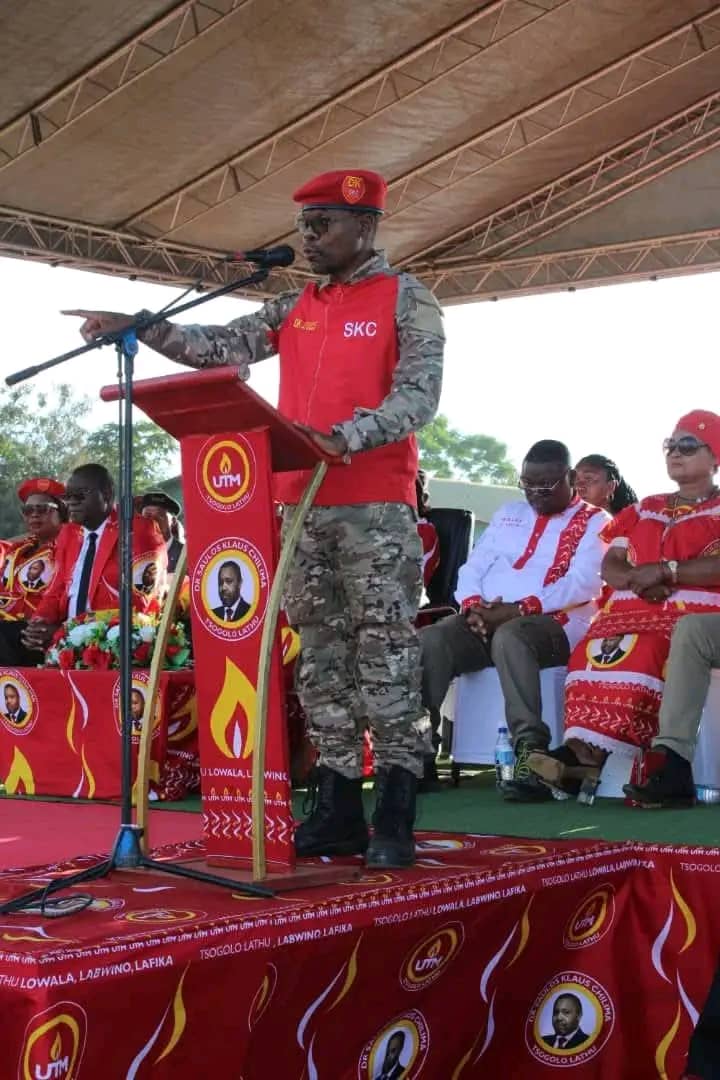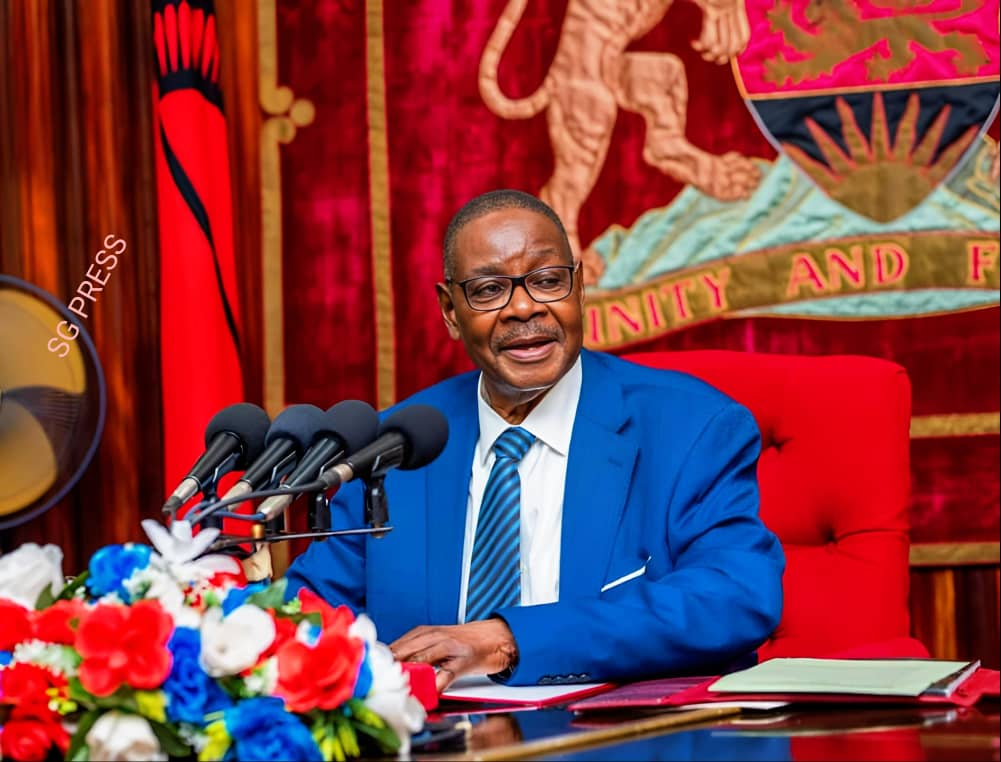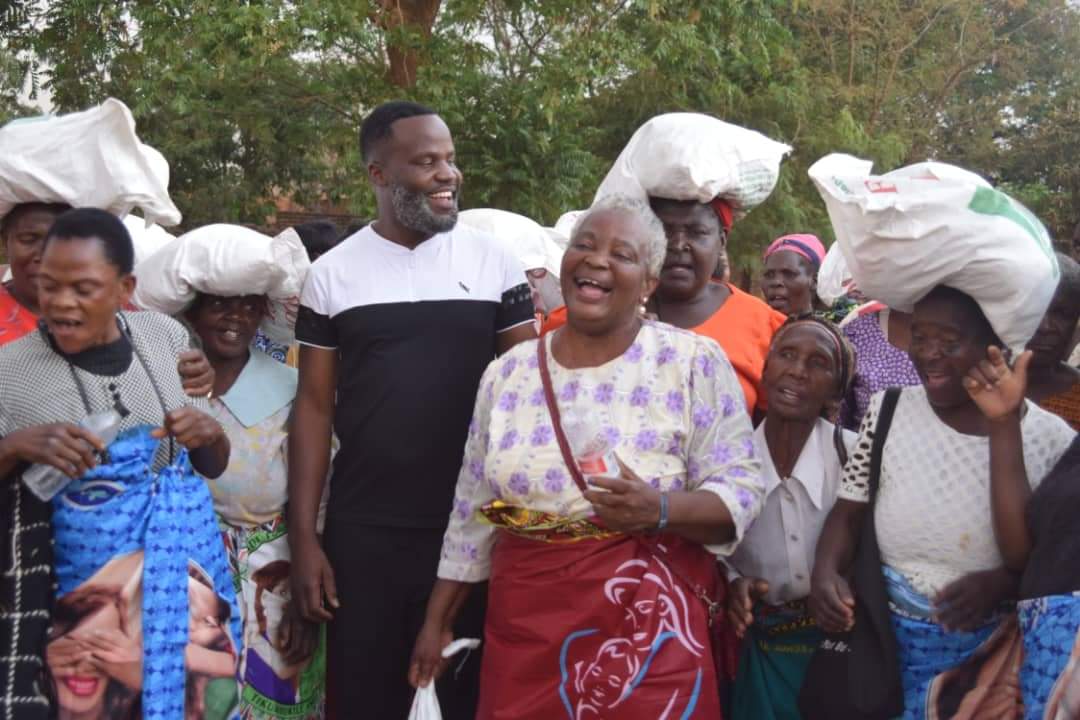By Burnett Munthali
At a public rally held at Masintha Ground in Lilongwe on Sunday, 11 May 2025, United Transformation Movement (UTM) publicity secretary Felix Njawala took a moment to reflect on a chapter of Malawi’s political history often praised for economic discipline and growth.
Njawala took his audience back to 2004, the year President Bingu wa Mutharika assumed power and made strategic appointments that helped set Malawi on a course toward food security and financial stability.
Among the names he highlighted were Goodall Gondwe and Dr. Dalitso Kabambe—two individuals whom he described as having been chosen strictly on the basis of merit.
Dr. Kabambe, Njawala emphasized, was particularly significant during this period because of his role as Budget Director, a position from which he played a central role in launching and sustaining the landmark Farm Input Subsidy Program (FISP).
Njawala attributed the success of the subsidy program largely to Kabambe’s stewardship in budget planning and execution, describing him as “the man who made the subsidy program possible.”
He explained that Kabambe’s efficient handling of funds ensured the timely purchase and delivery of agricultural inputs to farmers, a move that led to improved food production and national food security.
Furthermore, Njawala noted that infrastructure service providers—commonly referred to as “crushers”—were also consistently paid on time during Kabambe’s time in the Ministry of Finance.
That financial discipline, according to Njawala, helped keep essential projects on track and ensured the smooth implementation of government development programs.
Following President Bingu wa Mutharika’s sudden death in 2012, Kabambe’s journey in the civil service continued with an appointment as Principal Secretary, a role that further demonstrated confidence in his leadership and administrative expertise.
Njawala remarked that Kabambe’s rise through the ranks was a reflection not of political maneuvering, but of capability, professionalism, and results-driven performance.
His address at Masintha Ground also served as a call to return to a system of governance where appointments are based on merit rather than political affiliation.
Njawala’s commentary painted Kabambe as a symbol of technocratic leadership and fiscal discipline—traits he believes are essential if Malawi is to overcome its current economic difficulties.
In referencing Dr. Kabambe’s legacy, Njawala was not only paying homage to a respected public servant but also sending a subtle message to both voters and fellow politicians about the kind of leadership Malawi must aspire to.
As the political landscape begins to heat up ahead of the 2025 general elections, such statements could signal the beginning of more pointed conversations around performance, governance, and leadership standards in Malawi.




